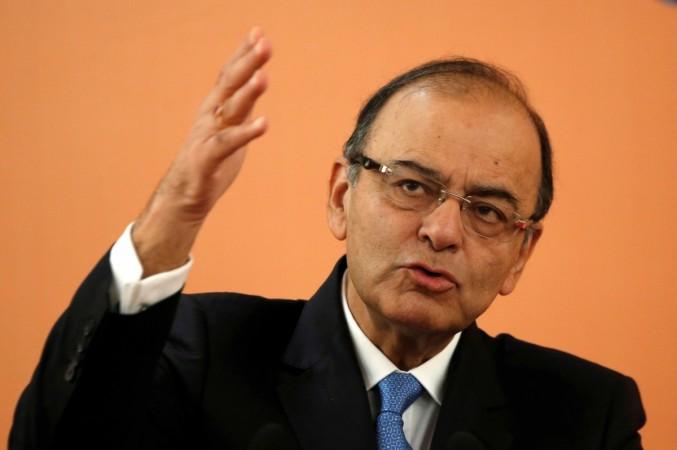
Black money hoarders who successfully deposited their Rs 1,000 and Rs 500 notes after demonetisation could be in for a rude shock as Finance Minister Arun Jaitley said on Sunday that the Revenue Department would be entitled to tax this money.
Demonetisation: RBI responds to reports that 97% of banned notes have been returned
"The fact that large quantum of high denominational currency has been deposited with the banks does not render this money to be legitimate cash. Black money does not change its colour merely because it is deposited in the bank. On the contrary, it loses its anonymity and can now be identified with its owner. The Revenue Department would thus be entitled to tax this money," Jaitley wrote in a long post on Facebook on January 8, two months after Prime Minister Narendra Modi on November 8, 2016, declared those currencies in the system as illegal and gave the common man and honest citizens up to December 30 to bring it back into the banking system.
The amended Income Tax Act states that black money, if voluntarily declared or if involuntarily detected, would be liable for differential and high rates of taxation and penalty.
The prime minister's decision, Jaitley said, is intended to create a new "normal" in a hugely tax non-compliant Indian society where for almost seven decades the "normal" has been to undertake transactions partly in cash and partly in cheque and "pucca" and "kachha" accounts are a part of the business language.
The finance minister said now that there are no long queues outside banks and the Reserve Bank of India's remonetisation is moving ahead, it would be worthwhile to analyse the rationale behind the decision and its impact.
In the fiscal year 2015-16, India had 3.7 crore tax assesses who filed income tax returns. Out of these, 99 lakhs people declared income below Rs 2.5 lakh and hence paid no taxes; 1.95 crores declared income less than Rs 5 lakh; 52 lakhs disclosed income between Rs 5 lakh to Rs 10 lakhs, while only 24 lakhs declared income above Rs 10 lakhs.
Jaitley said this shows why on account of tax non-compliances India has so far compromised on expenditure required for poverty eradication, national security and economic development.
The government's demonetisation "seeks to change the expenditure pattern of India and Indians. It is obviously disruptive. All reforms are disruptive. They change the retrograde status quo. The demonetisation puts a premium on honesty and penalises dishonest conduct."
He added further that in the medium and long run, GDP would be bigger and cleaner and money entering into the banking system and officially transacted would give an ample scope for higher taxation – both direct and indirect.
Taking on Opposition's claim of a "social unrest" after the note ban, Jaitley said even though opinion polls showed that a large percentage of people supported the government's decision, the Opposition washed out a full Session of Parliament.
"Their protests have been ineffective. Their exaggerated claims on the disruption of the economy have proved wrong. It is a tragedy that a national party like the Congress decided to adopt a political position, opposing both technology, change and reforms. It sided with black money friendly status quo," the finance minister said.














